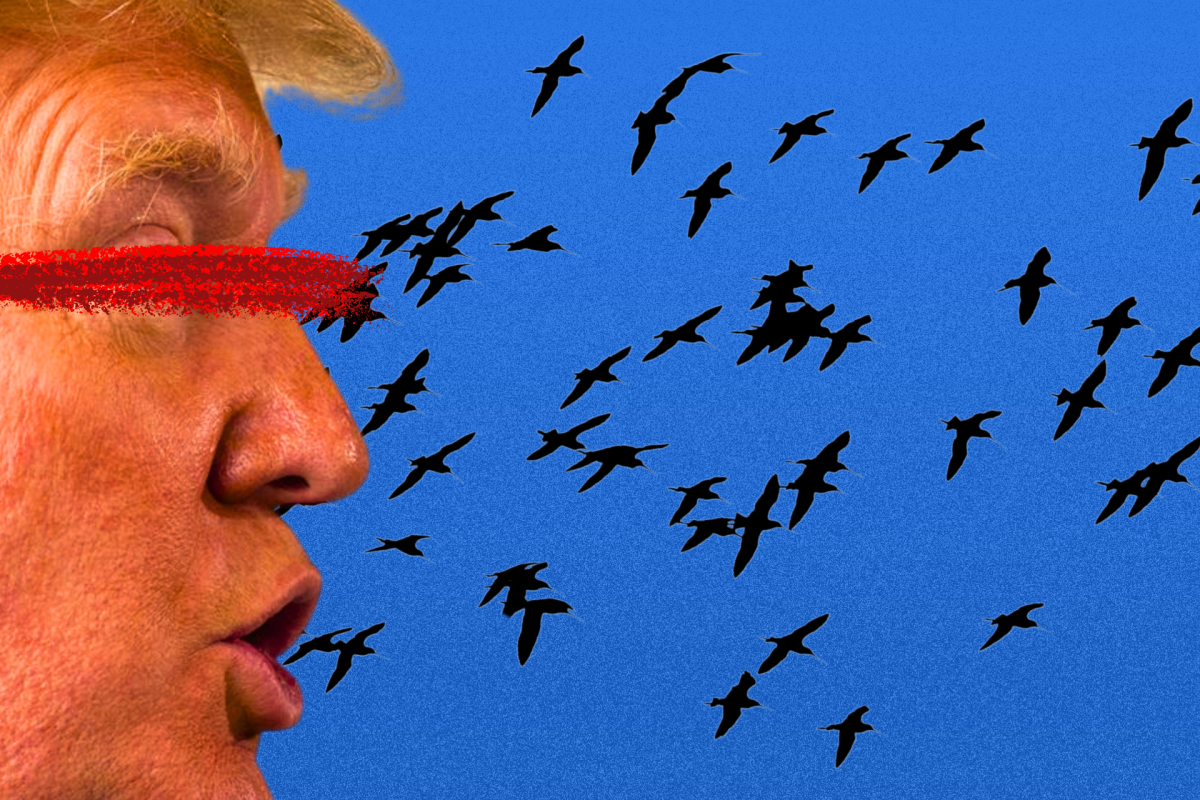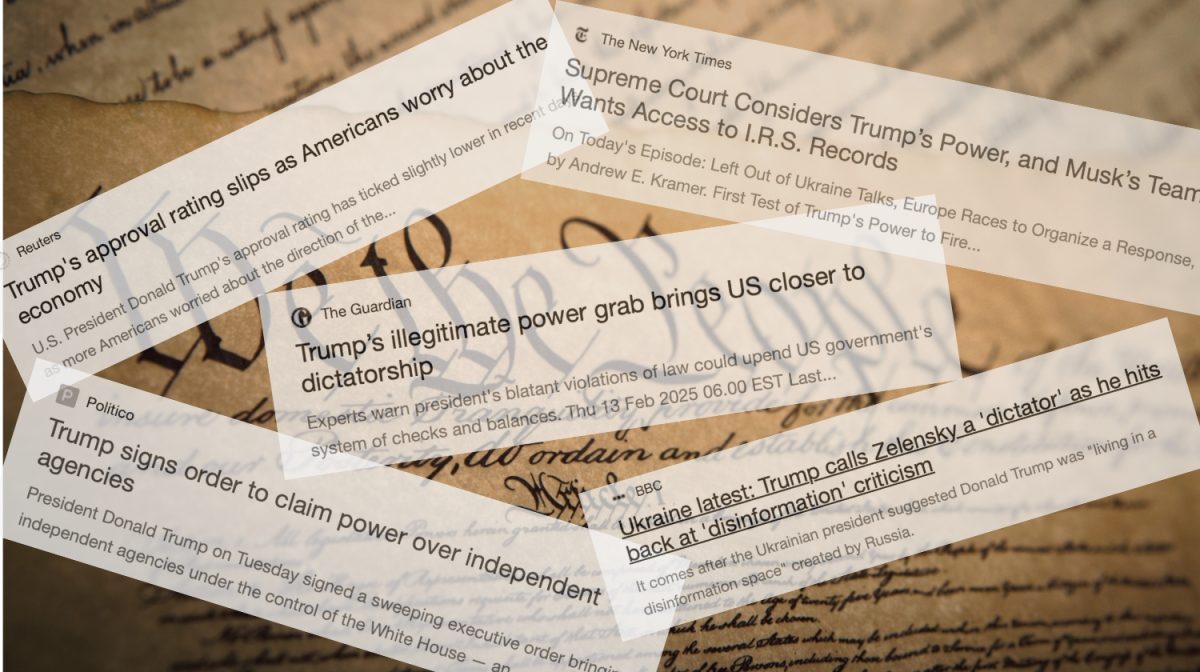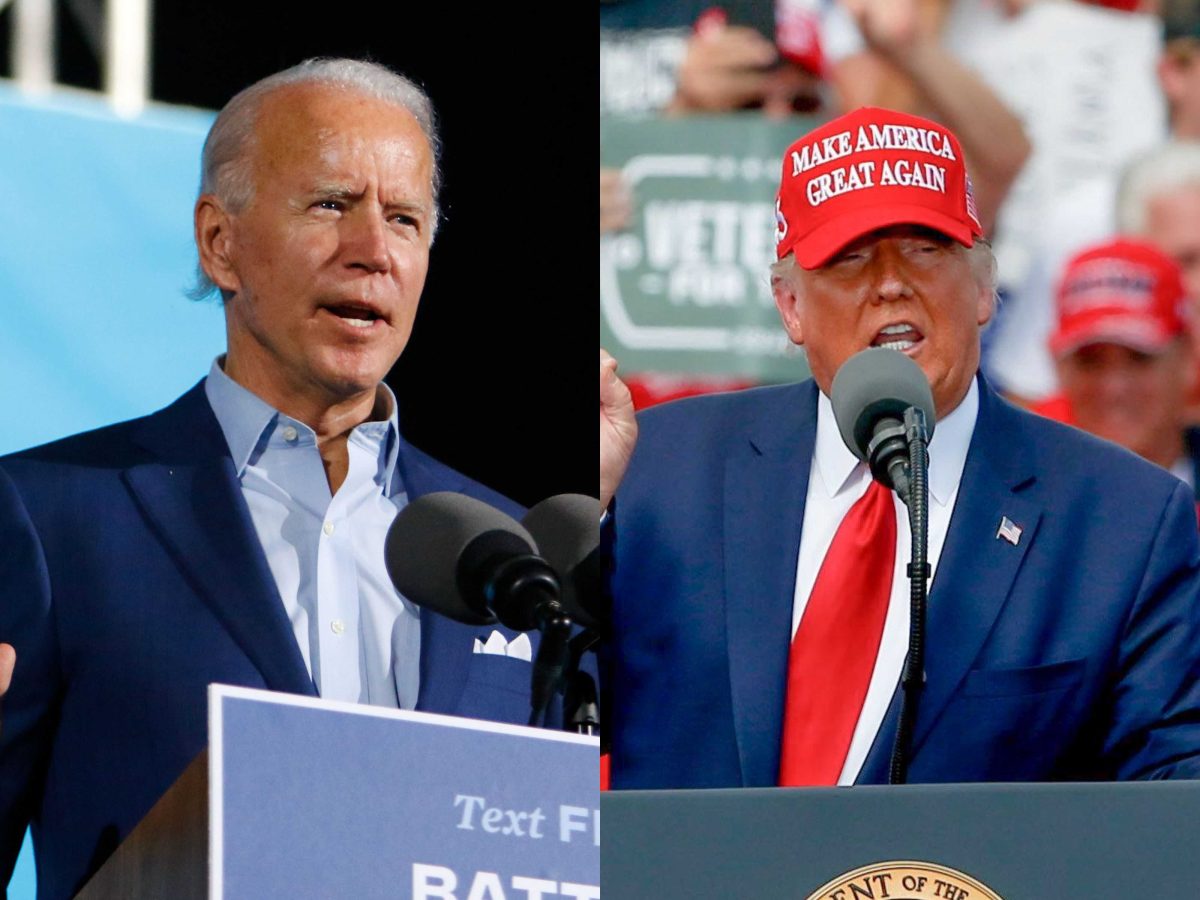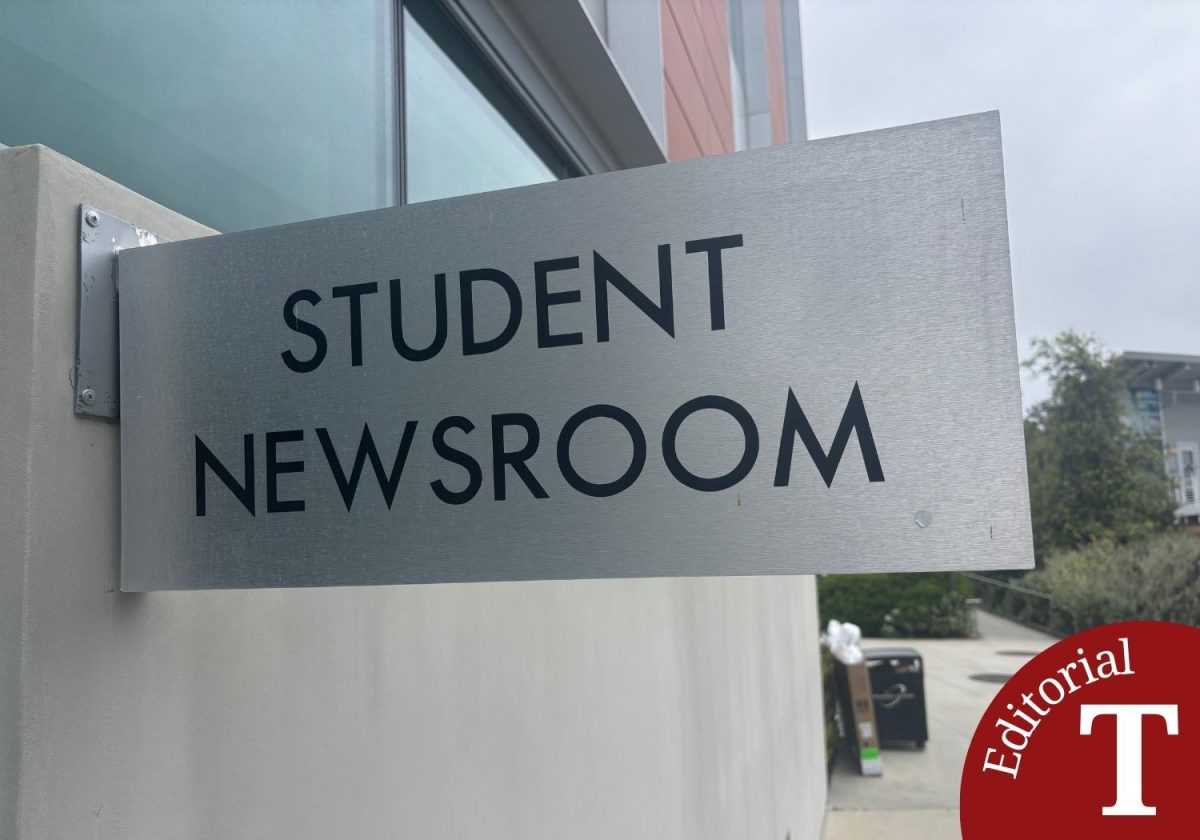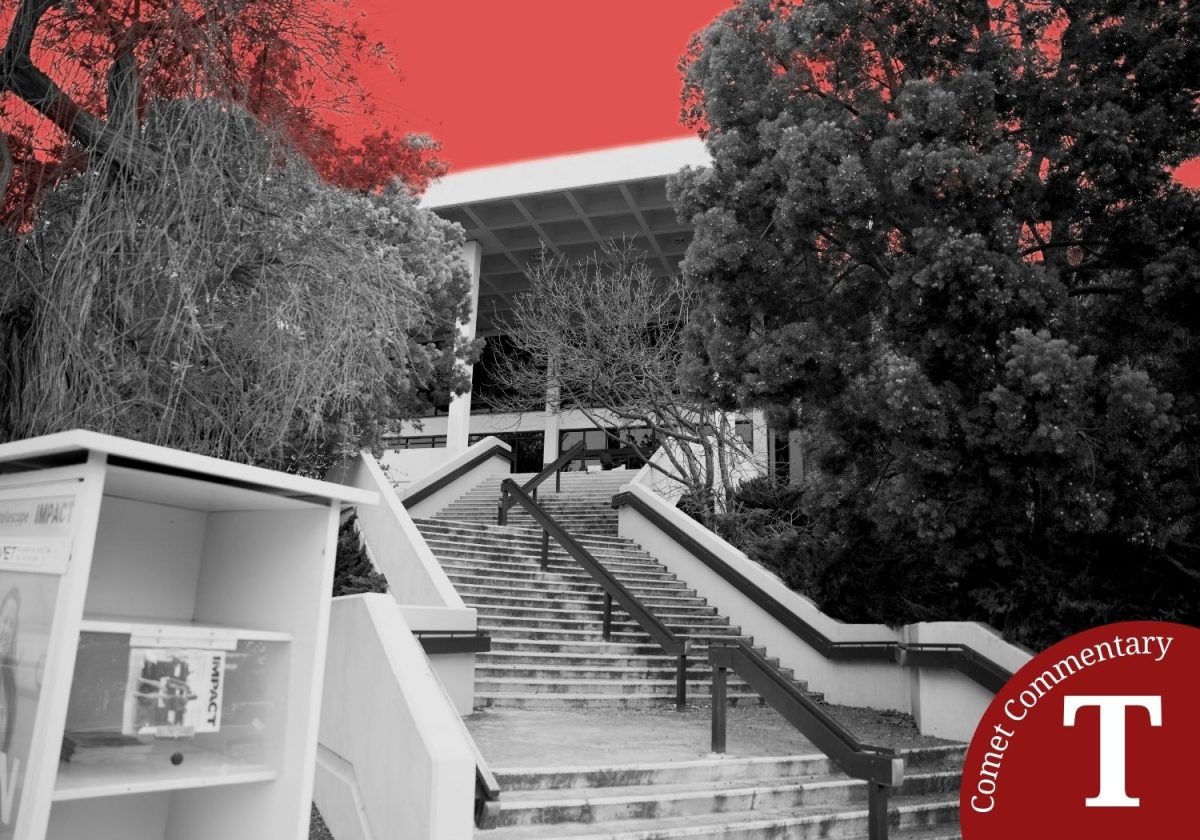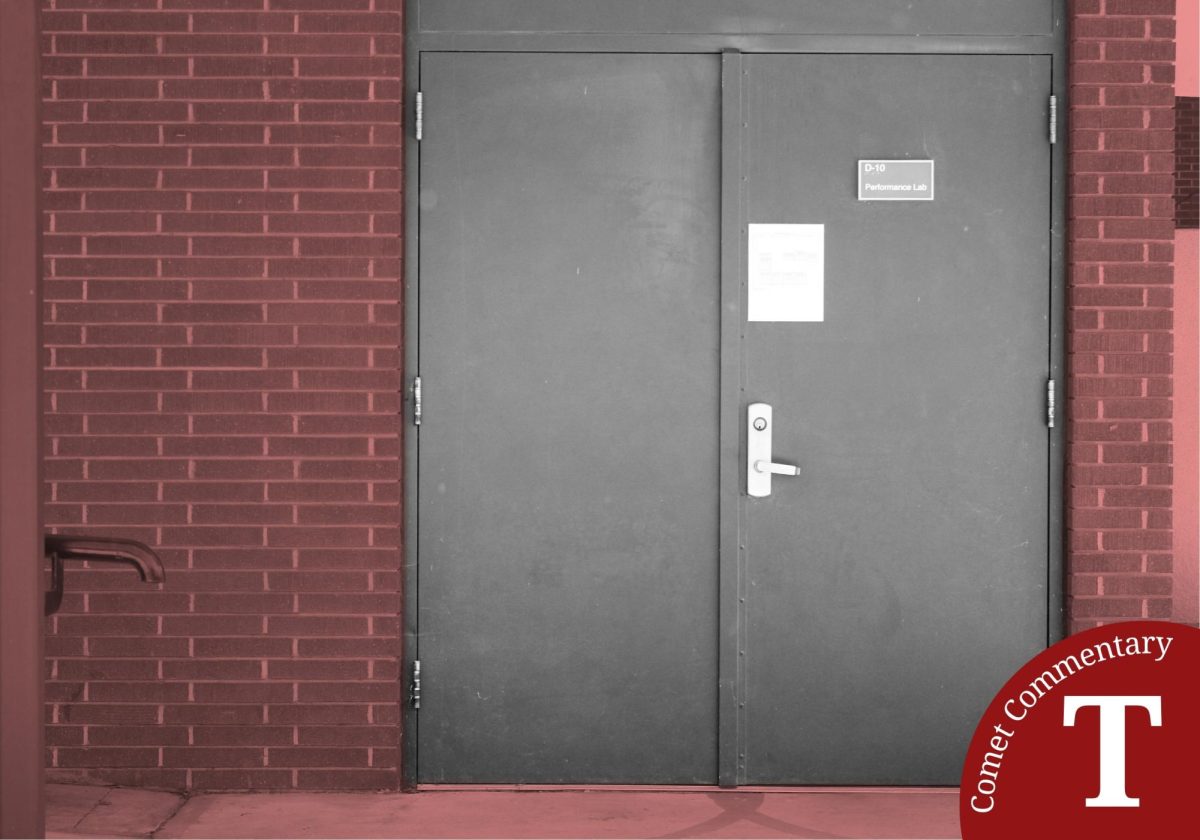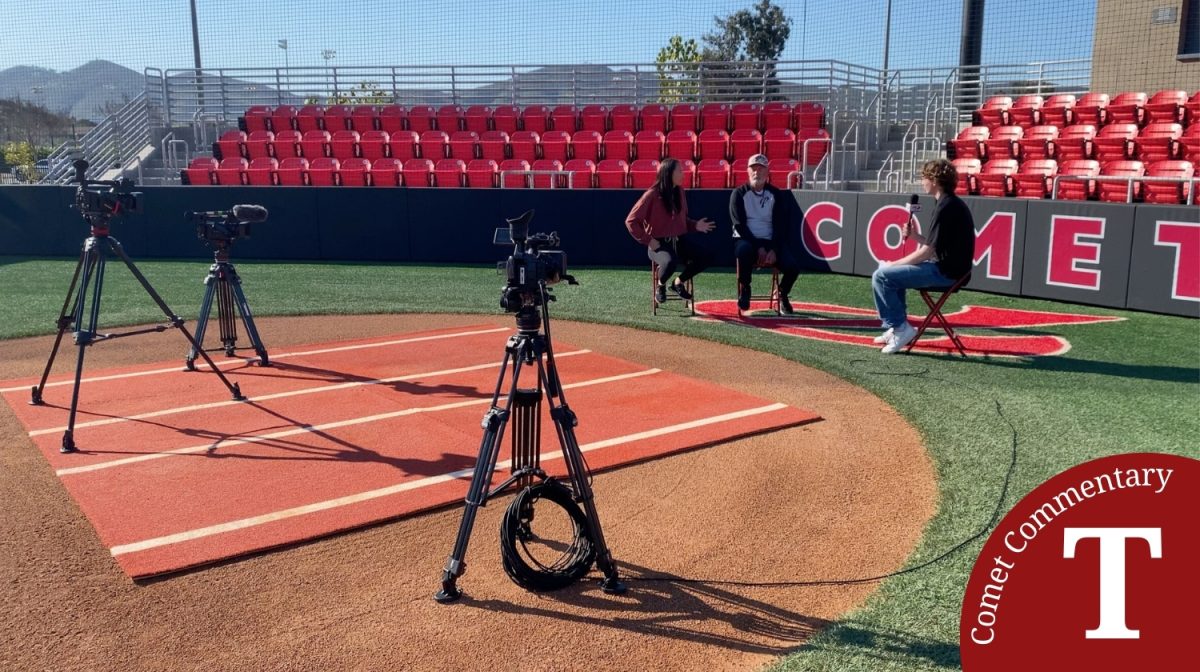If we want to prevent homegrown terrorism such as the recent attacks in New York, New Jersey, and Minnesota, we have to avoid having knee-jerk political reactions to these types of attacks.
Ahmed Rahami, who is under investigation for the recent bombings in New York and New Jersey, had a notebook in which some passages praised the teachings of a man named Anwar Al-Awlaki. Awlaki was one of Al Qaeda’s most senior members, and has been described as the “Bin Laden of the Internet” for his influence through online jihadist propaganda. He was killed in a drone strike in Yemen on Sept. 30, 2011, however his videos and public statements have become even more influential than before his death.
According to an ABC News report, Awlaki is believed to have influenced many American terrorists, including the San Bernadino couple responsible for the 14 deaths in a shooting last December, the brothers responsible for the Boston Marathon bombing in 2013, and others. He also had ties to two of the men involved in the Sept. 11 terrorist attacks. In a recent study of 101 Islamic State cases in federal court, 25 percent of the court records contained reference to Awlaki’s influence.
What is his primary message that seems to influence so many? That Muslims are under attack, and that they have a duty to inflict violence upon non-believers.
In the wake of terrorist attacks such as the recent bombings, it is natural for some to have strong reactions against the Muslim community. After all, in the wise words of Bill O’Reily, “Muslims killed us on 9/11.”
However, remarks such as these and policy proposals such as Donald Trump’s suggestion to keep all Muslims from entering the country are playing into the idea that Muslims are under attack and fueling the fire.
While national security measures is central to preventing further attacks, reactions such as these are what feeds the jihadist propaganda that paints westerners as anti-Muslims who are seeking to wipe the religion from the face of the earth.
Instead, we should focus our attention on encouraging private companies such as Google and Facebook to remove videos such as Awlaki’s from their sites. This, as well as other measures such as directing searches for jihadist material to pages presenting a counter-narrative, will be much more productive in preventing more disenfranchised Muslims from becoming radicalized.
Although it may seem like the safe and easy option to discriminate against all Muslims, it not only alienates our Muslim friends who are opposed to violence, but allows the messages of those like Awlaki to gain a violent following.



